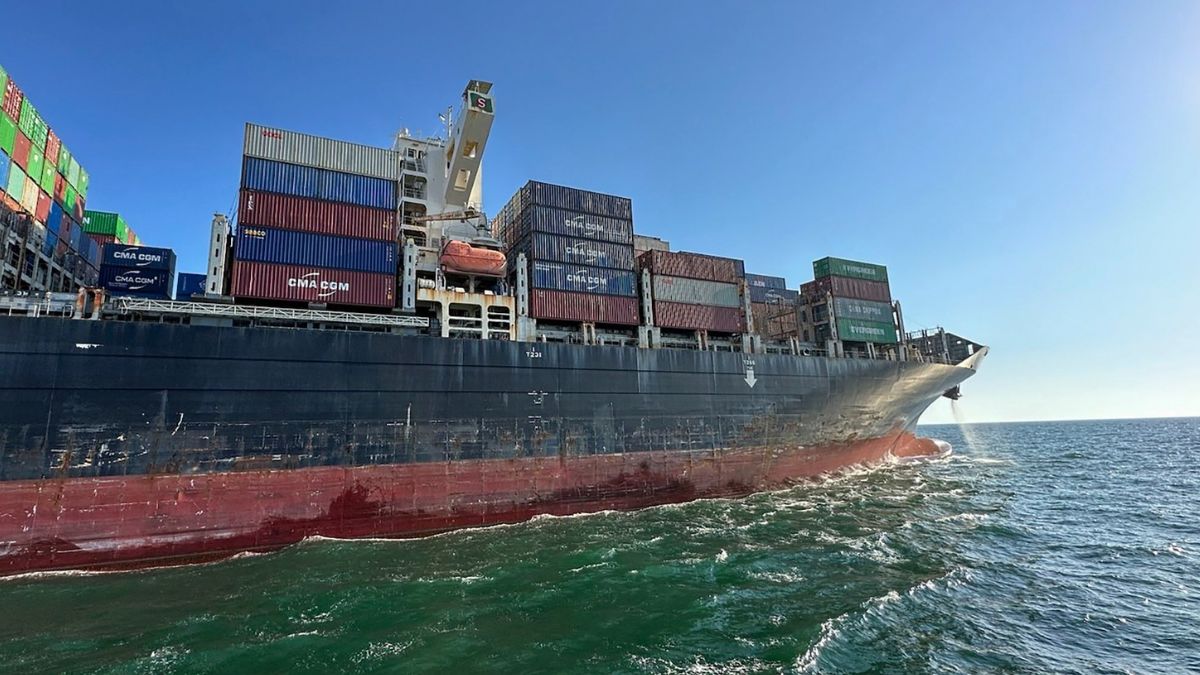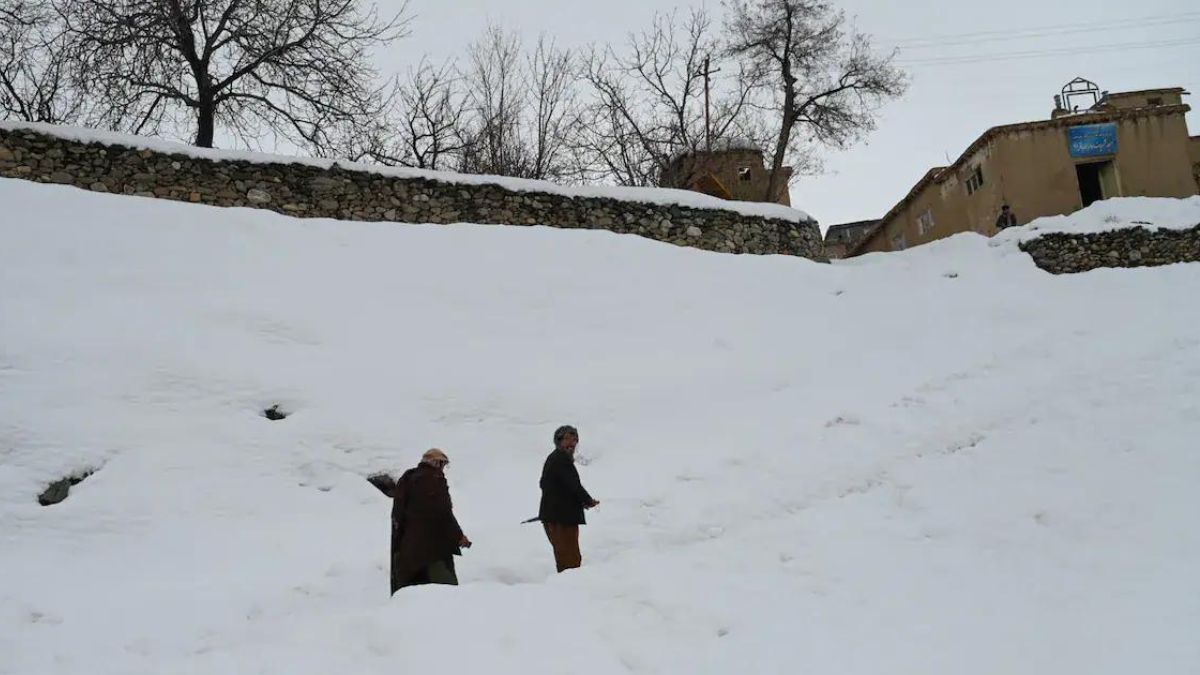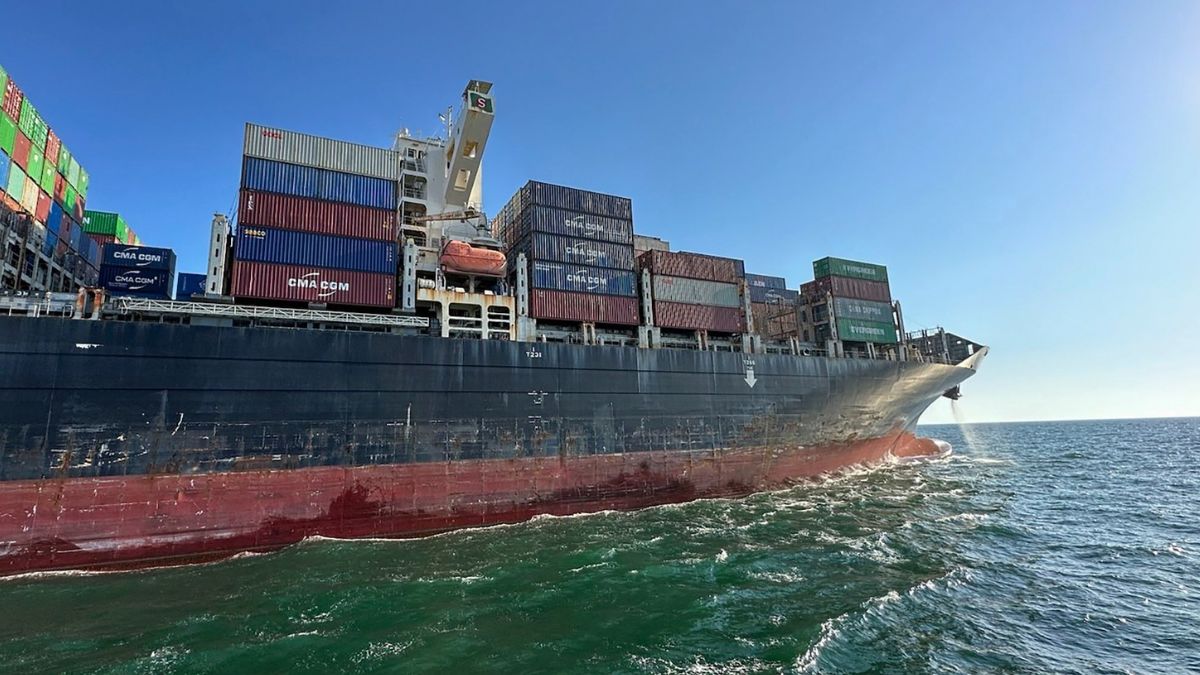Washington: Pakistan-based Haqqani network continues to pose “greatest” threat to US troops in Afghanistan, a top US commander based in the war-torn country said here, underlining the terror outfit remains America’s principal concern.
“The Haqqanis still pose the greatest threat to Americans and to our coalition partners and to the Afghans,” General John Nicholson, Commander of US and Nato forces in Afghanistan told reporters during a news conference here.
“The Haqqanis hold five American citizens hostage right now. I think this is worth remembering as we think about the Haqqani network. They remain a principal concern of ours. And they do enjoy sanctuary inside Pakistan,” Nicholson said during a Pentagon news conference here.
Nicholson said he is looking forward to meeting the new Pakistani Chief of Army Staff, General Bajwa. “I’ll meet him upon my return to the region here next week,” he said.
“There are many areas of mutual cooperation with the Pakistanis with respect to the border, our joint efforts against terrorism and so forth. So, we’re looking forward to working closely with them going forward,” he said.
Nicholson said the Afghan security forces have a hold approximately 64 percent of the population.
This is down slightly from his 68 per cent that he talked about in September.
“The decrease has not meant more control to the Taliban. We see them still holding less than 10 per cent of the population. More of the country — slightly more is now contested. They still hold roughly two-thirds of the population. The enemy holds less than 10 percent and the balance is contested,” he said.
Nicholson said since the start of the Taliban’s campaign in April, the Afghan security forces have prevented them from accomplishing their strategic objectives.
“They’ve been unable to mass because of airpower, both Afghan and coalition airpower, and therefore they resorted to small- scale attacks on checkpoints around cities in attempts to isolate the cities and create panic,” he said.
Expressing concern about the stability of the Afghan government going forward, he said his message to Afghan partners and members of the political opposition is that the US respects their political process.
“Second concern would be the malign influence of external actors and particularly Pakistan, Russia, and Iran. We are concerned about the external enablement of the insurgent or terrorist groups inside Afghanistan, in particular where they enjoy sanctuary or support from outside governments,” Nicholson said.
“We are concerned about the convergence of these terrorist groups. I mentioned the 20 groups, 13 in Afghanistan, seven in Pakistan. The morphing of these groups into more virulent strains or the fact that sometimes they cooperate and then the hole becomes greater than the sum of the parts,” he said.


)




)
)
)
)
)
)
)
)